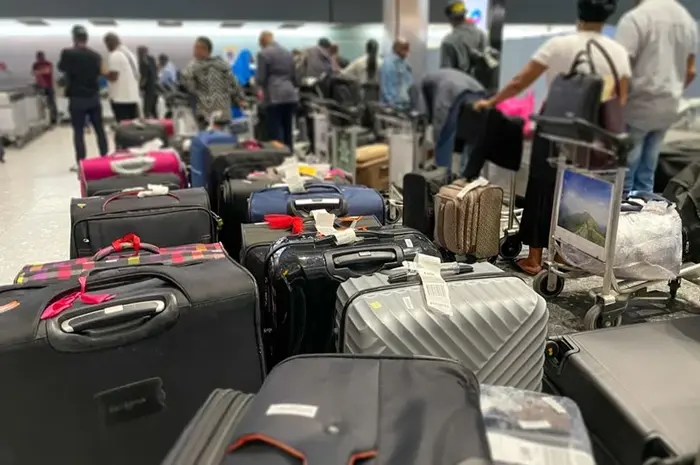Travel experts are applauding the European Union (EU) and airports across the continent for their decision to delay a significant update to travel rules, which would have resulted in extensive queues for UK travelers starting in November. The EU has postponed the implementation of its new biometric entry-check system for non-EU citizens, known as the Entry/Exit System (EES), originally scheduled to go live on November 10.
In anticipation of the new regulations, ports and stations across the UK had established large holding and processing areas to manage the expected delays. EasyJet had even warned that passengers might be required to remain on planes during the lengthy wait times for the new checks.
However, recent announcements from Germany, France, and the Netherlands revealed that their border computer systems were not ready for the rollout. “November 10 is no longer on the table,” EU Home Affairs Commissioner Ylva Johansson confirmed to reporters.
Under the EES system, travelers entering Europe from the UK would need to provide fingerprints, have their photos taken, and potentially answer questions regarding their stay. The French interior ministry emphasized that while they support the EES’s effectiveness, its implementation must be carefully planned. Both the UK government and travel companies have raised alarms about the potential for chaos at airports and significant delays resulting from the new system.
A survey conducted in September indicated that more than one in five Britons (22 percent) would be deterred from traveling to Europe due to the impending EU border changes. Almost half of respondents expressed discomfort with the idea of their biometric data being stored for three years, while 38 percent voiced concerns about possible long wait times.
Initially set to launch on October 6, the EES had already been postponed to November 10 following pressure from French officials.
Seamus McCauley, Head of Public Affairs at Holiday Extras, commented, “Holidays should be hassle-free, and pushing through the EES before the necessary technology was ready would have ruined many trips to Europe this winter. The French, German, and Dutch airports were justified in calling for a pause, and the EU made the right choice in delaying the rollout until the technology is fully operational.”
McCauley also noted that the delay of the EU scheme could lead to complications for the UK’s upcoming Electronic Travel Authorization (ETA) system, which is set to launch in April. He cautioned that this may deter potential visitors to the UK and disadvantage UK airports as connection hubs. He urged the UK government to recognize the implications of the EES delay and consider postponing its own scheme to avoid further discrepancies.
Related topics:
Cultural Religion of the USA: A Comprehensive Introduction
Cultural Sites in New York: A Comprehensive Introduction
Culture Day in America: A Comprehensive Introduction

